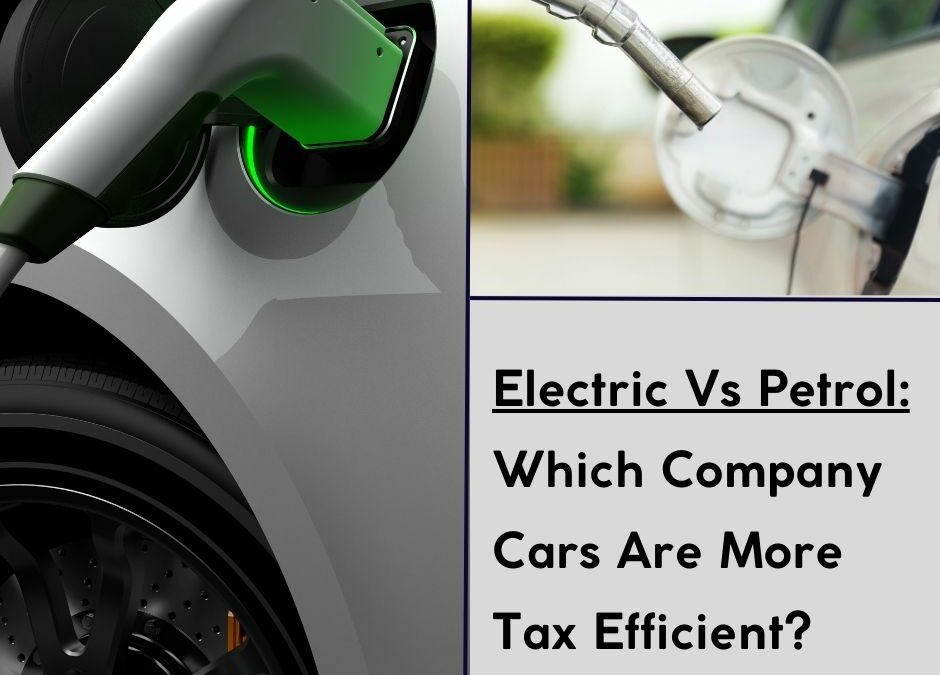You’ll know that electric vehicles (EVs) are better for the environment – but did you know that they can also be better for your business? It’s all down to the associated capital allowances, Benefits in Kind (BiK), and other tax advantages.
Join us as we discuss how you can reap the financial rewards of an electric car, as well as why you need to be proactive when it comes to tax planning.
Capital allowances
Capital allowances are a type of tax relief that your business can claim, enabling you to take away some – or all – of an item’s value before paying tax. Capital allowances can be claimed on equipment, machinery, and business vehicles – like electric fleets and company cars. This means purchasing a company car can increase your tax efficiency. And it’s especially the case if you opt for an EV.
You can claim 100% capital allowances for the expenditure of your EV against profits prior to tax for the first year – regardless of its value. Though you should note that the vehicle must be new and unused.
Whether the car is purchased or leased matters, too. If it’s leased, you can’t claim capital allowances. However, the cost of the monthly rentals will be listed as an expense in your business’ profit and loss account, which will lower the amount of Corporation Tax. If it’s bought via a hire purchase agreement, then you’ll save on Corporation Tax on the interest applied to the monthly payments.
Benefits-in-Kind charges
If the EV is used for personal purposes, it’ll be subject to a BiK charge just like non-electric vehicles – only much lower. The BiK rate for EVs is just 2%, compared to as much as 37% for petrol- and diesel-powered cars. This rate is due to stay in place until 2025, when it will then increase by 1% each year until 2028.
Electricity isn’t considered to be ‘fuel’ by HMRC, so there isn’t a BiK charge for this. You’ll be able to claim a reimbursement for every mile travelled, with no tax applied. There may also be exemptions from BiK tax for the cost of charging EVs and supplying the facilities to do so. Depending on where the vehicle is charged, the employee may incur BiK tax.
Other tax benefits
There are a number of other tax advantages to EVs. Currently, electric vehicles are exempt from road tax until April 2025. Following this, they’ll be taxed the same amount as petrol and diesel vehicles. EVs are also excused from a road tax surcharge, providing they’re registered after 1st April 2017 and were priced at more than £40,000.
In addition, you can claim back 50% of VAT if the company car is only used for business purposes. The same applies for claiming VAT for charging the EV. Another benefit is that congestion charges don’t apply to electric cars (though again this will end in 2025).
Plan for tax efficiency with Nabarro Poole
An electric company car or fleet is a fantastic opportunity to reduce your carbon footprint and your tax bill. But it’s not the only way you can cut the amount you give to the tax man. By planning around tax – rather than reacting to it – you can make your business more tax efficient.
For support with tax planning, budgeting, forecasting, and more, turn to Nabarro Poole. Speak to us today to discover how we can boost your accounts.

Recent Comments